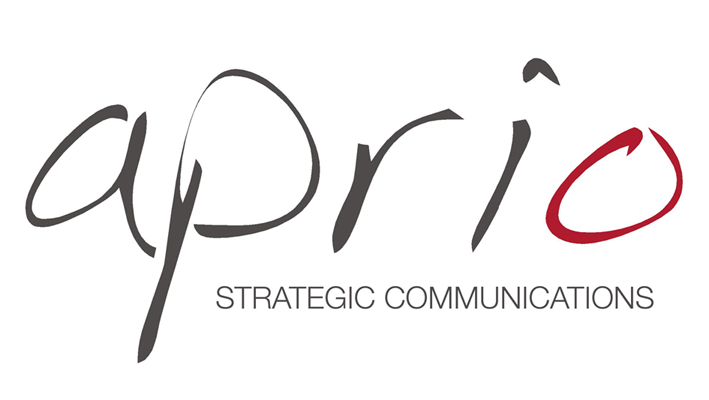The lack of response from the news media is enough to make you pull your hair out. As PR pros, we are trained to believe that our potential story is the story that journalists should be begging to use.
A few tips from a former TV reporter/anchor turned PR pro might be all you need to keep you sane (and with a full head of hair).
Don't use PR-speak. I know all PR pros have a lot of information to get across in a short amount of time. We're concerned with making sure the people we're pitching know the who, what, where, when, and why as quickly as possible, but when pitching, step back from PR language and speak like a journalist.
I once worked with a news director who would green-light only those stories that reporters could summarize in one short, concise sentence. Long pitches get ditched, and lengthy email messages will likely be deleted. Be clear and concise; reporters need that brevity in order to get their boss to buy in.
Think about their audience. Your goal is to get strategic media coverage and exposure for your clients or company. Sometimes we lock in on a pitching target and can't break away long enough to think about their goal: informing and entertaining viewers or readers.
As a journalist, if I didn't see the reader/viewer benefit, I would pass. Journalists don't need to hear about how desperately you need to get your CEO's message to the masses. Audience interest takes priority.
Walk the thin line between your needs and their needs. Securing big news coverage can be an exciting time. Everyone in your office is celebrating the national coverage, but then you realize the reporter didn't even mention your company.
For the journalist, this is no big deal—they have a great news package in the can. For your client or company, however, this can be extremely disappointing. As PR pros, we must strike a balance between what a reporter needs to accomplish and what we need to accomplish.
Don't be afraid to check and double-check job titles with journalists. Generic titles are often the result of a journalist's simply not knowing a person's official designation-or not realizing that it matters. Make sure they have the correct information before and after the interview.
Visit a newsroom. Just as journalists have no idea the amount of work we do on the back end, most of us don't realize how much time and effort goes into crafting a solid news story—including what might get edited out because of space or time constraints.
Ask to a take a tour of one of your local newsrooms, and visit the people whom you email regularly. Make sure that your visit is just for learning purposes—don't take any pitches with you. (Hint: it helps to take treats like cookies or candy. Journalists rarely have time to walk to the vending machines.)
Visit during hours that do not fall into the Monday to Friday, 9 to 5 timeframe. Reporters and producers often have more time to talk during odd hours.
I worked in a newsroom for years, but with the way the business keeps evolving, I learn some new nuggets of information every time I visit.
These tips won't keep you 100 percent stress-free, but they will alleviate some frustrations you might be having with the news media. There are a lot of ways we can make our jobs and journalists' jobs easier.
If you take these steps to remove the unknowns, you might be surprised by the amount of coverage you are able to secure. Sometimes it's just a matter of striking the right dynamic that allows the two parties to work together efficiently.
Lisa Arledge Powell is the president of MediaSource, a multimedia production and media relations company that works with hospitals, health care organizations, and other brands.

No comments:
Post a Comment